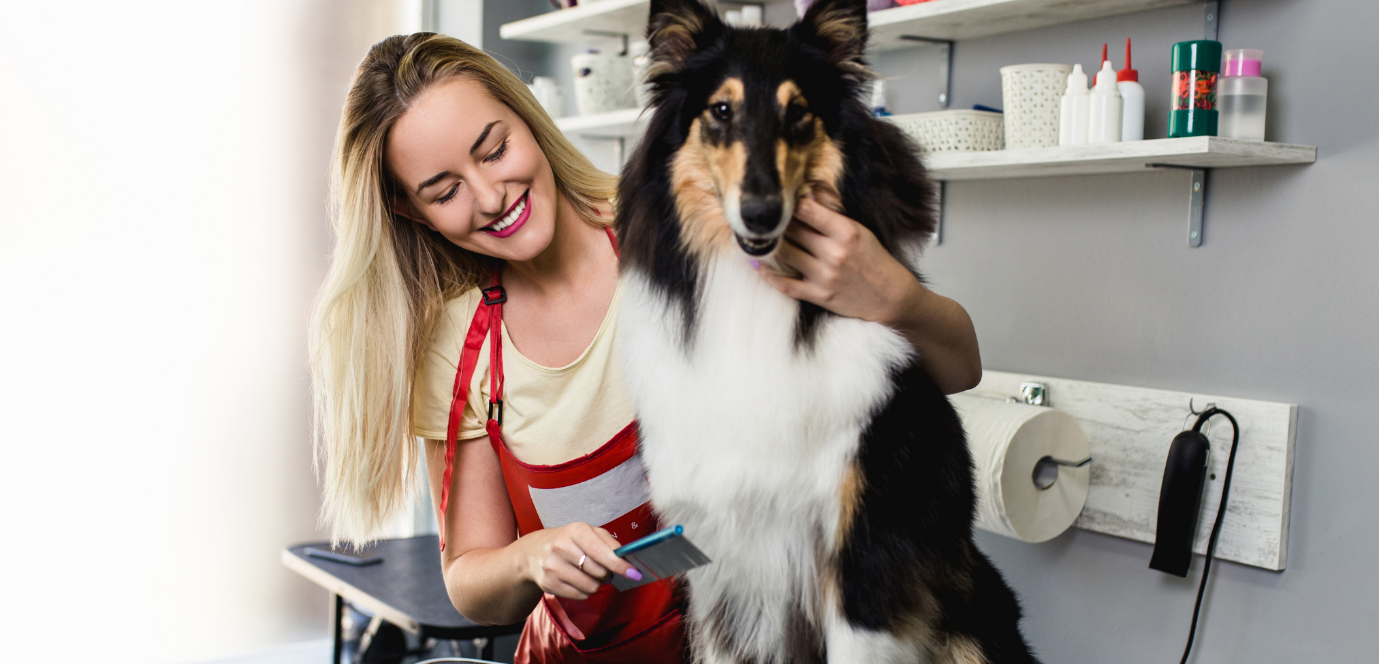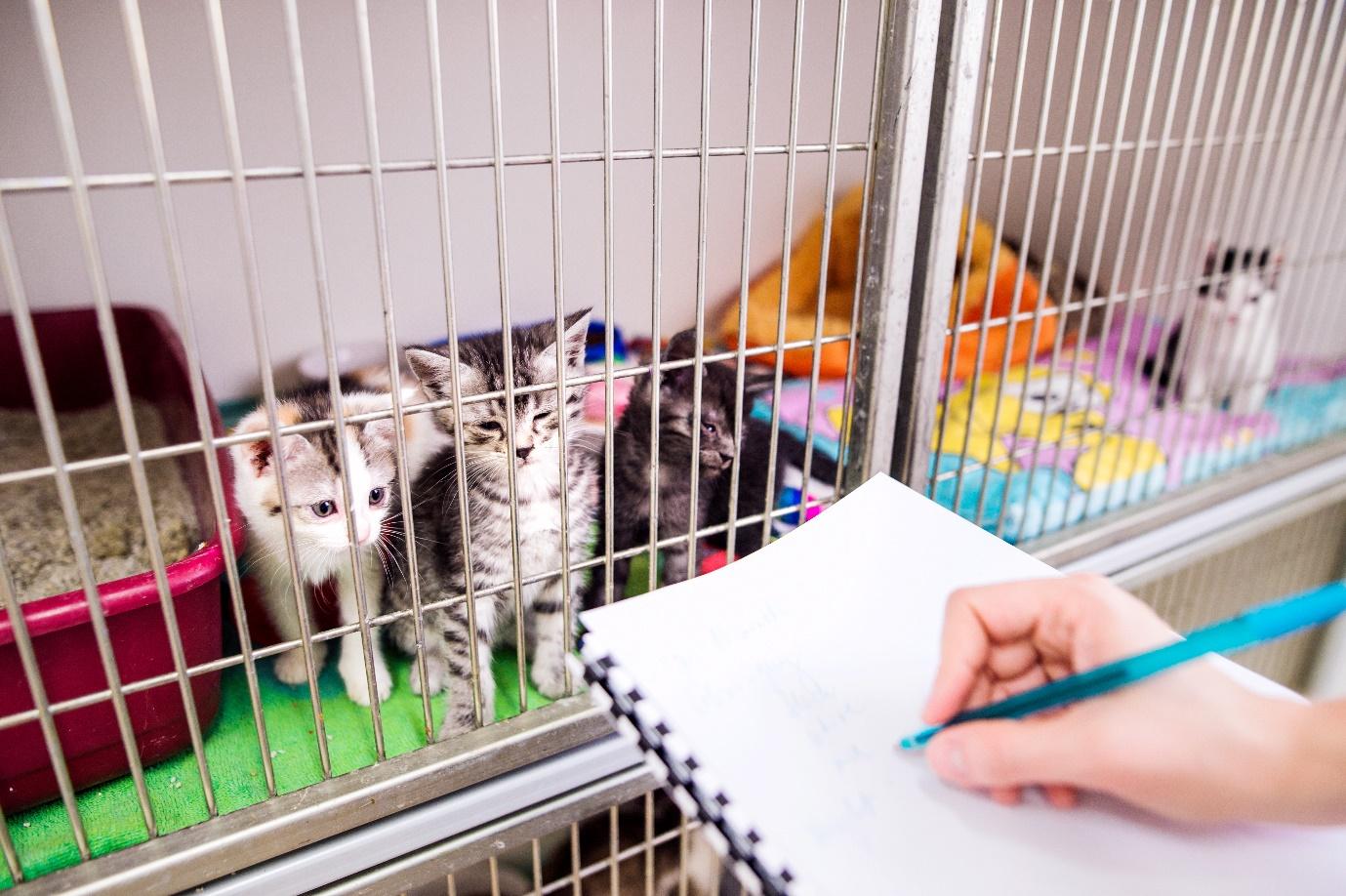Working with animals is a sector ranging from highly specialist roles such as a Zookeeper to more familiar jobs such as a dog groomer. Some of these animal careers will require a high-level academic qualification, such as a degree, but others will require a genuine love for animals and some experience. Practical experience and volunteering with animals can be the start of an interesting career doing something that you love.
Work experience and careers with animals
Gaining experience by working with animals is a great step to take towards landing your dream job. Volunteering will give you time to try different roles out and gain direct experience. You will be able to see in real life what it’s like to work with various types of animals. This will help you narrow down what kind of job and career you’d like to work towards.
Gaining work experience is great to put on your CV and will give you an edge over other candidates as employers will be looking for employees with previous experience.
How to gain experience working with animals
The most straightforward ways to gain some experience working with animals are either to:
Volunteer at an animal shelter
Volunteering at somewhere like an animal shelter is sure to provide you with lots of experience. Along with a love for animals, you will soon see that patience and a willingness to help with the range of day-to-day tasks are appreciated. It’s not glamorous, and you’ll need to prepare to get tired and dirty! But you will get that warm glow that comes from helping our furry friends to live healthy and happy lives. It will also give you a foot in the door when it comes to looking for paid employment and will give you an idea about what training you’d like to progress to.
There can be high competition to secure a volunteer position with an animal rescue centre, Zoo or vets as they're all very popular choices. It can sometimes feel that finding a volunteer opportunity is almost as hard as finding a paid job in animal care! Studying a relevant subject can help improve your chances of securing a volunteer opportunity.
.png)
Work experience – Student placements
Often, animal training courses and qualifications include a practical element such as a placement. Practical training placements are a great way to gain useful hands-on experience with a range of animal species. Combining practical training with a recognised qualification in animal care will go a long way to helping you secure that job you’ve always dreamed about.
At Animal Courses Direct, we are proud to be the largest organisation in the UK to offer animal courses that include theory and practical training. Many of our practical placements include an accredited Level 3 course or qualification.
Our practical training placements range in duration, and our professional courses provide accredited training for a huge variety of careers working with animals. We’ve given you a couple of examples below.
Practical training (Dog Grooming)
Our Level 3 Award in Dog Grooming includes 2 days of practical training. Over the course of 2 units, you will learn how to:
-
Carry out basic maintenance of dogs’ coats
-
Promote animal health and welfare
During your 2-days of practical training, you will have the opportunity to work alongside highly qualified and experienced dog grooming professionals. This excellent opportunity will allow you to practice a range of grooming and styling techniques on various dog breeds with a range of coat styles and lengths. Plus, all learners get to benefit from support and assessment by experienced dog grooming tutors.
Practical training provides a level of confidence that simple theory study just can’t provide. At the end of your course, you will be well placed to apply for jobs within the dog grooming sector.

Practical training (Animal Hydrotherapy)
The Level 3 Certificate in Small Animal Hydrotherapy is a comprehensive Ofqual-approved qualification that equips students with the required knowledge and experience needed to work as an animal Hydrotherapist. The course is a mixture of theory and practical training, with four days of practical training offered at an approved centre.
During the course, you will get the opportunity to learn about small animal hydrotherapy for a variety of small animals, including dogs, cats, rabbits and other small animals that the Hydrotherapist may come across in day-to-day practice.
You will get the opportunity to learn about hydrotherapy techniques and the assessment needed before small animal hydrotherapy can start. You will gain knowledge of different medical conditions and how hydrotherapy and treadmill treatment can benefit.
The course contains an important practical element with 4 days of intensive training and assessments. You will learn with a team of experienced Hydrotherapists at a well-established canine hydrotherapy company.
During the practical experience, you will have the opportunity to learn about, and have access to, cutting-edge equipment including:
- Underwater treadmills
- Large bespoke pools
- Hydrotherapy spa
- Gait analysis treadmill
- Trained with a team of highly qualified personnel
As part of the practical training, you will have the chance to work with a variety of dogs attending the centre for rehabilitation and sports conditioning. You will get to learn from highly qualified and experienced Animal Hydrotherapists and Veterinary Physiotherapists as they demonstrate how the hydrotherapy and aquatic treadmill therapy are used in a working rehabilitation clinic.
Qualified Animal Hydrotherapists are in big demand, and it can be an excellent career choice for those of us interested in supporting animals to maintain good health.
Animal welfare in the United Kingdom

Understanding animal welfare is an important place to start if you would like to find a job caring for animals.
The welfare of all animals is protected by the Animal Welfare Act 2006. Government guidance explains that “This Act makes it an offence to cause unnecessary suffering to any animal. The Act also contains a duty of care to animals - anyone responsible for an animal must take reasonable steps to make sure the animal’s welfare needs are met.”
The Act is informed by ‘The Five Freedoms’, which are internationally accepted standards of care developed by Britain's Farm Animal Welfare Council in 1965. The Five Freedoms are:
- Freedom from hunger and thirst
- Freedom from discomfort
- Freedom from pain, injury, or disease
- Freedom to express normal behaviour
- Freedom from fear and distress
An appreciation of animal welfare is vital for everyone working with animals, no matter what capacity they might be in. Whether you are grooming a new puppy or helping an older dog to move through their paces on an aquatic treadmill, respecting the values underpinning the Animal Welfare Act is essential.
.jpg)
















